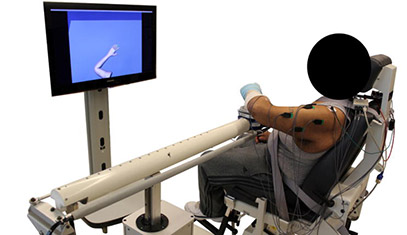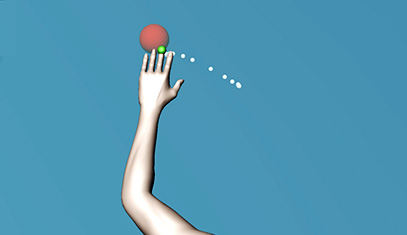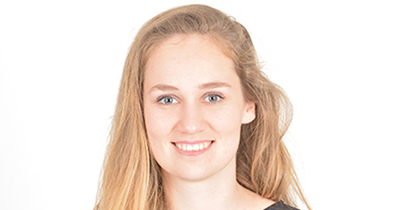Grace C. Bellinger, MS, MPH ('23), PhD ('23)

Dissertation
Contributing Factors to Reaching Dysfunction in Individuals with Stroke
The overall goal of this thesis was to identify the degree to which each impairment contributes to reaching dysfunction throughout subacute stroke recovery and into the chronic phase. Identification of the relative contributions of the various impairments positioned this dissertation to benefit the field of neurorehabilitation by identifying critical therapeutic targets. The knowledge gained through this dissertation was therefore intended to ultimately guide future clinical trial design and improve outcomes in stroke rehabilitation, leading to enhanced health, function, and quality of life in individuals with stroke.








 From Left to Right: Jane Gyarmaty, PT, DPT, NCS, Michael D. Ellis, PT, DPT, Emily Linne, SPT, Sanjana Matta, SPT, Maya Sankaran, SPT, and Reem Ibrahim, BAeng.
From Left to Right: Jane Gyarmaty, PT, DPT, NCS, Michael D. Ellis, PT, DPT, Emily Linne, SPT, Sanjana Matta, SPT, Maya Sankaran, SPT, and Reem Ibrahim, BAeng.